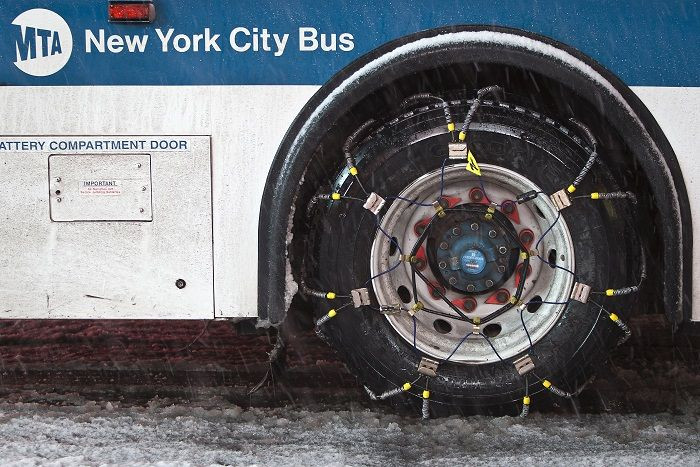Tyre maker Bridgestone to buy US auto parts retailer Pep Boys

Japanese tyre maker Bridgestone Corp has struck a deal to buy U.S auto parts retailer Pep Boys-Manny, Moe & Jack for US$835 million (AU$1.17 billion) in an all cash offer, as part of its bid to expand its retail presence in the United States.
Bridgestone’s $15-per-share (AU$21) offer represents a premium of 23.5 percent. Consequently, Pep-Boys' shares jumped nearly 23.3 percent to US$14.98.
Bridgestone is hoping to boost its U.S. retail network by more than a third. It runs a big chain of auto care and tyre stores in the U.S. under the name-- Bridgestone Retail Operations. The deal will take the number of BSRO's centers to 3,000 from the present 2,200.
“Bridgestone is looking to expand its market share in services and tires ... it's a little harder to understand what they might do with (Pep Boys') retail operations but they'll come up with a plan for it,” Jefferies analyst Bret Jordan said.
He said it is unlikely that the company would get rival bids from strategic buyers. According to Thomson Reuters, half of Bridgestone's sales come from the U.S. business.
Philadelphia store
Pep Boys had a modest start in 1921 when a group of four friends pooled together US$800 (AU$1123) to open an auto parts store in Philadelphia.
In June, Pep Boys sounded out its interest for a sale, saying it was part of a strategic review. Unlike rivals AutoZone Inc and Advance Auto Parts Inc, Pep Boys was not able to gain much from the U.S. auto industry boom because of the high costs and falling sales at its DIY business.
The Wall Street Journal, in a report said the bid by Bridgestone represents a 62 percent premium over the share value of Pep Boys in May 2015, before the buyers started expressing interest in the company.
Quarterly profit
The Journal in May reported that private equity firm Golden Gate Capital and many other suitors wanted to buy it. In 2012, private equity firm Gores Group backtracked from a US$15-per-share deal.
In the new deal, JP Morgan Securities advised Bridgestone while Rothschild advised Pep Boys for the transaction. The deal is expected to be through by the beginning of 2016.
In the last quarter, Pep Boys posted a profit of US$4.8 million (AU$6.7 million) and wiped off the loss of the same period in 2014. Still it missed analysts’ expectations.
For feedback/comments, contact the writer at feedback@ibtimes.com.au or let us know what you think below.





















